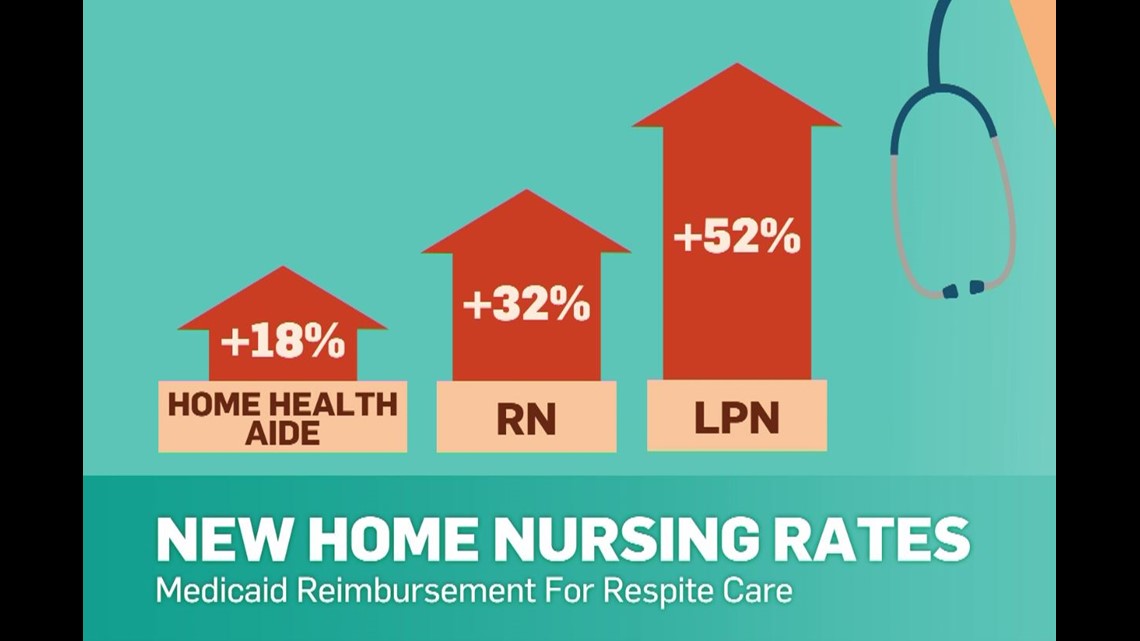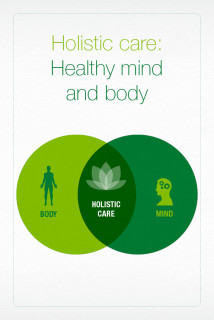However cases are speeding up in the U.S., which has actually become the worldwide epicenter for the infection, with approximately 6 million verified cases and 183,000 deaths or the equivalent of one in 5 COVID-19 casualties worldwide. "It's truly discouraging to need to divert so much political energy towards what needs to be a no-brainer." One strength of the Canadian system to shine through throughout the pandemic is that everyone is insured, Martin said.
Hospitals deal with a single insurance provider, she stated, which indicates care is much better collaborated across organizations. "Any person that requires COVID care is going to get it," she said. Dr. Ashish Jha, who has actually directed the Harvard Global Health Institute and now works as the dean of the Brown University School of Public Health, has a somewhat various take.
and Canada present "a reflection that has absolutely nothing to do with the underlying health system" but rather shows leaders and their political will and top priorities. While America's health care system is amongst the world's finest in terms of development and technology, Jha said that U.S. politicians have actually revealed themselves to be reluctant to trade off short-term pain of lockdowns and task losses for a long-lasting public health crisis and economic instability.
They also didn't ramp up testing rapidly enough to successfully monitor when and where break outs would occur and consistently undermined the public health community in its efforts to efficiently react to the infection. He said leaders in the U.S. have not offered a clear constant message or decisive leadership to join the country and get everyone moving in the exact same instructions.
" It's really aggravating to need to divert a lot political energy towards what must be a no-brainer," Jha said. "This is the time when everyone who requires to be tested, is tested everybody who requires to be taken care of is taken care of." Which begins with consistent access to effective health care, he stated.
Getting The What Is Single Payer Health Care Pros And Cons To Work
gotten in lockdown under coronavirus, Sen. Bernie Sanders announced on April 8 that he had actually ended on his governmental run. A week later he endorsed former Vice President Joe Biden. After contests in 28 states and 2 territories, his course to winning the Democratic election had narrowed considerably regardless of an early edge.
His campaign has proposed offering "every American a brand-new option, a public health choice like Medicare" to make insurance coverage more budget friendly. As Potter watches COVID-19 rage in the U.S., the former health care interactions executive stated Americans live in "worry of having big out-of-pocket expenses without guarantee that we'll have our expenditures covered." With the number of uninsured Americans almost double what they were prior to unique coronavirus, according to some estimates, Potter stated that is not sustainable.
action to the coronavirus pandemic was below average, if not the worst, on the planet. This pandemic could bring the country to a breaking point, Potter said, pushing more Americans to call for a healthcare system that goes beyond the reforms of the Affordable Care Act, which the Trump administration has actually consistently attacked and attempted to dismantle.
" You will see this project resurface to try to terrify people far from change," he said. "It happens every time there is a significant push to change the health care system. The industry desires to protect the status quo." There's no best health care system, and the Canadian system is not without flaws, Flood stated.
In June 2019, New Democrat Party Leader Jagmeet Singh proposed broadening Canada's pharmaceutical drug protection. The ultimate objective of these changes that have been disputed in varying degrees for several years is to incorporate oral, vision, hearing, psychological health and long-term care to develop "a head to toe health care system." And yet it is natural for Canadians to compare systems with their neighbors and merely "feel grateful for what they have (how much would universal health care cost)." She says that sort of complacency has insulated Canada's system from further improvements that produce generally much better outcomes for lower costs, as in the UK, the Netherlands or Switzerland.

Some Known Facts About What Countries Have Universal Health Care.
Healthcare reform has been an ongoing argument in the U.S. for decades. 2 terms that are typically used in the conversation are universal healthcare coverage and a single-payer system. They're not the same thing, in spite of the reality that individuals often use them interchangeably. how much is health care. While single-payer systems typically consist of universal coverage, many nations have achieved universal protection without using a single-payer system.
Universal coverage refers to a healthcare system where every individual has health coverage. According to the U.S. Census Bureau, there were 28.1 million Americans without medical insurance in 2016, a sharp decline from the 46.6 million who had actually been uninsured prior to the execution of the Affordable Care Act (ACA).
Hence, Canada has universal health care coverage, while the United States does not. It is very important to note, nevertheless, that the 28.5 million uninsured in the U.S. consists of a significant number of undocumented immigrants. Canada's government-run system does not offer coverage to undocumented immigrants. On the other hand, asingle-payer system is one in which there is one entityusually the federal government responsible for paying healthcare claims.
So although it's a kind of government-funded health protection, the funding originates from two sources rather than one. People who are covered under employer-sponsored health plans or specific market health plans in the U.S. (consisting of ACA-compliant plans) are not part of a single-payer system, and their medical insurance is not government-run.

There are presently a minimum of 16 nations that use some form of a single-payer system, including Canada, Norway, Japan, Spain, the United Kingdom, Portugal, Sweden, Brunei, and Iceland. In many cases, universal protection and a single-payer system go together, since a nation's federal government is the most likely prospect to administer and pay for a healthcare system covering millions of individuals.
What Does What Is Preventive Health Care Mean?
However, it is extremely possible to have universal coverage without having a complete single-payer system, and numerous countries around the globe have done so. Some nations run a in which the government supplies fundamental health care with secondary protection readily available for those can afford a greater requirement of care. Denmark, France, Australia, Ireland, Hong Kong, Singapore, and Israel each have two-tier systems.
Mingled medicine is another expression that is often pointed out in conversations about universal protection, but this design really takes the single-payer system one step even more - how does the health care tax credit affect my tax return. In a socialized medicine system, the government not only spends http://ieturedrvo.nation2.com/fascination-about-what-is-fsa-health-care for health care however runs the health centers and employs the medical staff. In the United States, the Veterans Administration (VA) is an example of mingled medication.
But in Canada, which also has a single-payer system with universal protection, the health centers are privately run and physicians are not employed by the government. they simply bill the federal government for the services they offer. The main barrier to any socialized medicine system is the federal government's ability to effectively money, handle, and upgrade its requirements, devices, and practices to provide optimal healthcare.